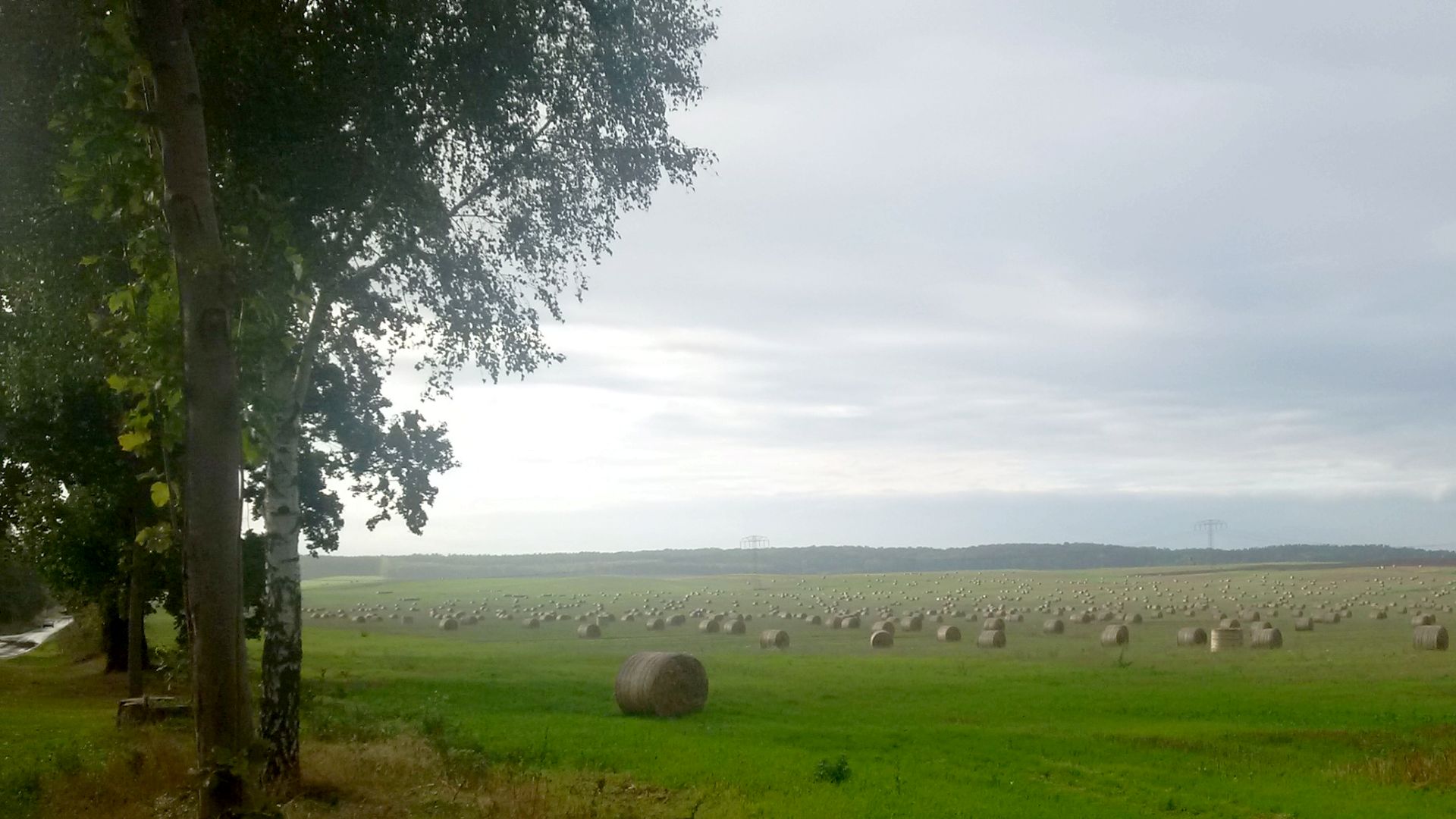In February 2019, the German Federal Cabinet approved the National Strategy for Reducing Food Waste presented by the German Federal Ministry of Food and Agriculture (BMEL). This describes the measures to be taken by 2030 to help halve food waste in Germany per capita and per year at retail and consumer level and to reduce food waste generated along the production and supply chain, including post-harvest losses. Challenges are described and measures are identified to be brought into practical implementation, with input from stakeholder groups from all sectors as well as consumers. The evaluation of the national strategy supports the monitoring of the BMEL and the Federal Agency for Agriculture and Food (BLE) as the coordinating body for Zu gut für die Tonne! In addition, the implemented measures are described and examined for their results and effectiveness. Participants as well as actors in the implementation process at different levels will be interviewed at different points in time. The media response to the national strategy and its perception among political actors are analyzed.
The evaluation provides information on the extent to which the measures taken are effective and what options exist for further development.
Information on the National Strategy to Reduce Food Waste on the BMEL website can be found here.
Information on the implementation of the National Strategy can be found at www.zugutfuerdietonne.de/
